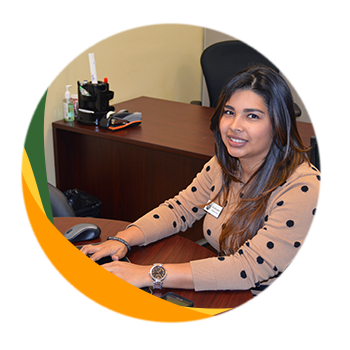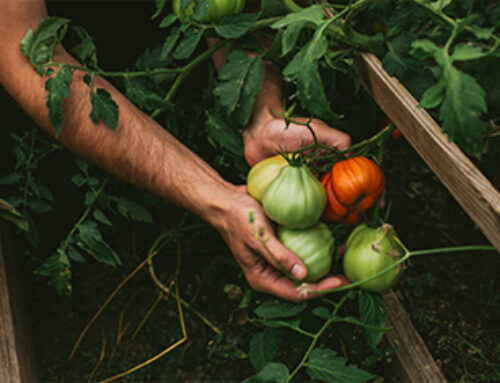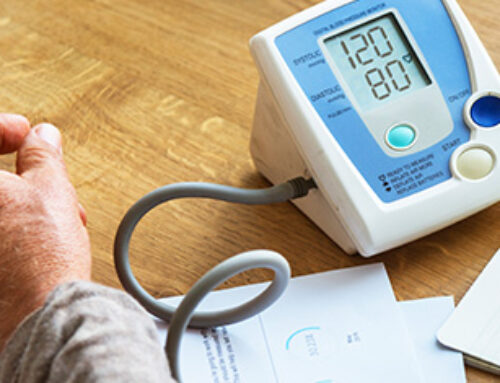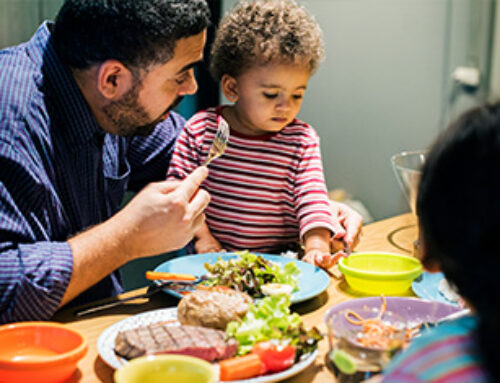Community Health Workers in the Field:
CHW Diabetes Interventions are Changing Lives
CHW Diabetes Interventions are Changing Lives
Published September 2020 | Back to all news and updates
We hear the word diabetes very frequently– maybe we know someone who suffers from it, a family member, a friend, or even ourselves. Without a doubt, diabetes management and control brings its own challenges. Unfortunately, some populations may face additional barriers depending on where we are born, grow, live, work, and age. Community Health Workers (CHWs) play an important role in helping patients overcome these barriers and support them to achieve a healthy lifestyle and good quality of life.
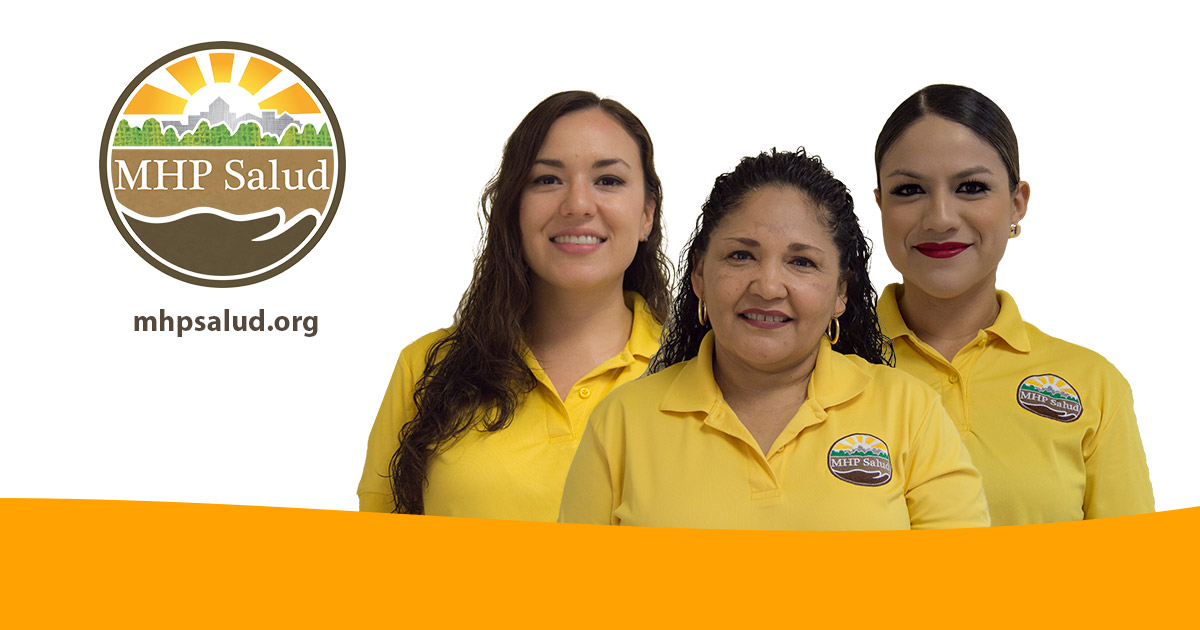
What Does Diabetes Look Like in the Agricultural Worker and Latino Populations?
What Does Diabetes Look Like in the Agricultural Worker and Latino Populations?
According to a 2020 report released by the Centers for Disease Control and Prevention (CDC), diabetes cases are increasing rapidly in the United States. 34.2 million, or 10.5% of the adult US population has diabetes and 88 million Americans have prediabetes. For Hispanic/Latino adults, these numbers are even more alarming—prevalence of diabetes is 14.7% which is 2.8% higher than Non- Hispanic Whites (9.4%).[1] Hispanics/Latinos are also more likely to develop this chronic disease at a younger age and experience more complications related to diabetes (e.g. vision loss, amputation, etc.).[2]Diabetes is a prevalent health issue among Migrant and Seasonal Agricultural Workers (MSAWs). Approximately 51% of farmworkers are Hispanic/Latino and about 88% are of Mexican descent.[3] This is significant because among Hispanic adults, Mexican Americans have the highest prevalence of diabetes (14.4%)
MSAW population experiences unique challenges due to isolated agricultural work environments, poor living conditions, migrating workforce, language and cultural barriers, immigration status, and limited resources available. [4] These challenges often inhibit these communities from adopting healthy lifestyles, and consequently puts them at risk for developing diabetes. Additionally, most farmworkers do not have access to regular, affordable health care. Farmworkers rarely have health care coverage through their employers or public programs (only 47% of farmworkers report having health insurance[5]), and they do not earn enough money to pay for health insurance.
What Can CHWs Do to Help?
Community Health Workers (CHW) are trusted members of the community who empower their peers through education and connections to health and social resources.[6] While their primary role is often linking vulnerable populations to the health system, additional roles can include cultural mediation, culturally appropriate education, care coordination, case management and systems navigation, coaching and social support, advocacy, capacity building, and outreach. Through these roles, CHWs offer support to patients with diabetes and/or at risk of developing diabetes in a unique culturally appropriate manner. Due to their close understanding of and trust from the community they serve, CHWs have a unique ability to build strong relationships and effectively address challenges individuals face when trying to manage chronic conditions such as diabetes. Overall, CHW interventions have demonstrated success in improving health outcomes among individuals diagnosed with diabetes and support at-risk individuals to prevent the development of the condition.
MHP Salud’s CHW Diabetes Programs on the Ground
MHP Salud’s diabetes programs provide accessible support and education to vulnerable populations so they can live healthier lives. They focus on community-based educational classes. These classes are led by a CHW, who provides educational instruction on how community members can manage their diabetes and maintain a healthy lifestyle. As CHWs are able to understand and culturally identify with the communities of program participants, they are well suited to provide appropriate recommendations that participants will be receptive to, as well as be able to implement based on their available resources and food options. CHWs also conduct home visits and speak one-on-one with participants on the importance of proper nutrition, physical exercise, and disease management. Sometimes, participants may need services that go beyond the scope of the CHW, because of this, they often partner with local clinics and providers assist participants to access these services.
Vivir una Vida Plena (Living A Fulfilling Life)- Diabetes Program
Vivir una Vida Plena (Living a Fulfilling Life) is a program dedicated to promoting healthy lifestyles among individuals at high risk for or diagnosed with the early stages of chronic diabetic kidney disease (CDKD). This program uses a participant-centered approach that provides education, support, and skill-building to help participants live healthy lives.
CHWs enroll program participants via door to door outreach in predominantly Latino and Hispanic neighborhoods in South Texas, known as colonias. Residents are linked to one of three clinical partner locations to receive a free laboratory test. If they are found to be at high risk for or are diagnosed with early-stage CDKD, they qualify for enrollment in disease self-management education classes.
The classes, led by our CHWs, consist of six weekly sessions, where participants learn how to manage their chronic diabetic kidney disease. Throughout the classes, the CHWs share practical tips, suggestions, and strategies to build confidence in managing chronic illness and symptoms, such as fatigue, pain, shortness of breath, disability, and depression. Additionally, CHWs promote action planning and goal setting techniques to help participants achieve a healthier lifestyle. Upon completion of the classes, CHWs follow up with the participants to ensure they have access to the resources they need to maintain a healthy lifestyle.
About MHP Salud

MHP Salud has over 35 years of experience implementing CHW programs and training organizations looking to start and/or strengthen their own CHW programs. Visit our CHW Training & Consulting Services page to learn more about how we can help.
A CHW’s Experience in the Field
Linda Medrano is a CHW who has worked with MHP Salud for over 8 years. Throughout these years, she has helped the community to learn more about diabetes prevention and management. As a CHW, Linda has witnessed many notable health improvements among individual from multiple diabetes programs. She mentioned, “After attending our first session, participants felt motivated to improve their health and really wanted to continue with the program…talking about the [self-care] was a wake-up call because they did not want an amputation or to lose their eyesight. This motivated them to eat better, count their carbs, and do physical activity.”
Linda shared a success story about a client who joined a program and was battling depression. His lack of motivation was obvious, he would constantly repeat, “I’m tired and I want to sleep.” Linda knew she had a big task ahead and continued to motivate him to persist through the program. His initial A1C was at 12.9%; after 3 months, it dropped to 7%. By this time, noticeable changes in the man were visible: “He was happier and thanked me for the help and guidance I provided. Upon successful completion of the program and implementation of behavior change, his A1C was down to 5%, and he was told by his doctor he no longer needed to take medications. His life changed dramatically. As he expressed, ‘I am 100% percent a new man.”
The work CHWs do is important for diabetes management. As Linda states, “We help them to understand their doctor’s language, refer them to needed services, provide knowledge about how to take care of their diabetes and live healthier…people really do not have a lot of knowledge, and they think it is the end of the world, but with knowledge they can live a long life as a [person living with diabetes].”
–Linda Medrano, MHP Salud CHW
HRSA Disclaimer
This publication is supported by the Health Resources and Services Administration (HRSA) of the U.S. Department of Health and Human Services (HHS) as part of an award totaling $753,959.00 with 0 percentage financed with nongovernmental sources. The contents are those of the author(s) and do not necessarily represent the official views of, nor an endorsement, by HRSA, HHS or the U.S. Government. For more information, please visit www.HRSA.gov
Sources:
[1] National Diabetes Statistics Report, Centers for Disease Control and Prevention, https://www.cdc.gov/diabetes/library/features/diabetes-stat-report.html
[2] Fast Stats – Leading Causes of Death.” Centers for Disease Control and Prevention, Centers for Disease Control and Prevention, https://www.cdc.gov/nchs/fastats/leading-causes-of-death.htm.
[3] Farm Labor. Unites States Department of Agriculture, https://www.ers.usda.gov/topics/farm-economy/farm-labor/
[4] Rural Migrant Health. Rural Health Information Hub, https://www.ruralhealthinfo.org/topics/migrant-health
[5] Findings from the National Agricultural Workers Survey (NAWS) 2015-2016: A Demographic and Employment Profile of United States Farmworkers. Employment and Training Administration, https://www.dol.gov/sites/dolgov/files/ETA/naws/pdfs/NAWS_Research_Report_13.pdf[6] Who are Community Health Workers (CHWs)? MHP Salud, https://mhpsalud.org/our-chw-initiatives/community-health-workers/


